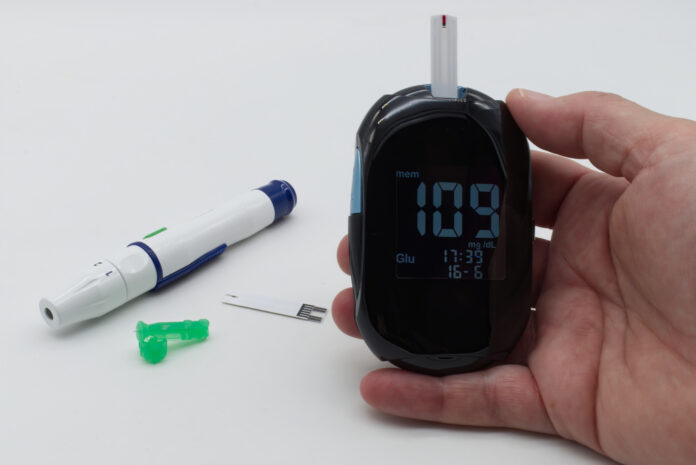According to a study published in Diabetologia, administering metformin before enteral glucose results in better glucose-lowering effects among patients with type 2 diabetes controlled by metformin monotherapy.
Researchers led by Cong Xie, PhD, from the University of Adelaide in Australia, investigated 16 participants with well-controlled type 2 diabetes using metformin monotherapy. Over four separate days, participants were randomly assigned to receive a bolus infusion of metformin via a nasoduodenal catheter at −60, −30, or 0 minutes (with saline at other time points) or saline at all time points (control). This was followed by an intraduodenal glucose infusion from 0 to 60 minutes.
As reported by Medical Professionals Reference, the study identified a treatment-by-time interaction for metformin in terms of reducing plasma glucose levels and increasing levels of plasma glucagon-like peptide 1 (GLP-1) and insulin. Notably, a more significant reduction in plasma glucose levels occurred when metformin was administered at −60 or −30 minutes compared to 0 minutes. Similarly, increases in plasma GLP-1 were observed only when metformin was given at −60 or −30 minutes. While metformin enhanced glucose-induced insulin secretion, it did not affect insulin sensitivity; plasma insulin levels increased comparably on the three days metformin was administered.
The authors concluded that metformin is more effective in lowering glucose when given before, rather than with, enteral glucose, and this effectiveness is linked to a heightened GLP-1 response.
























